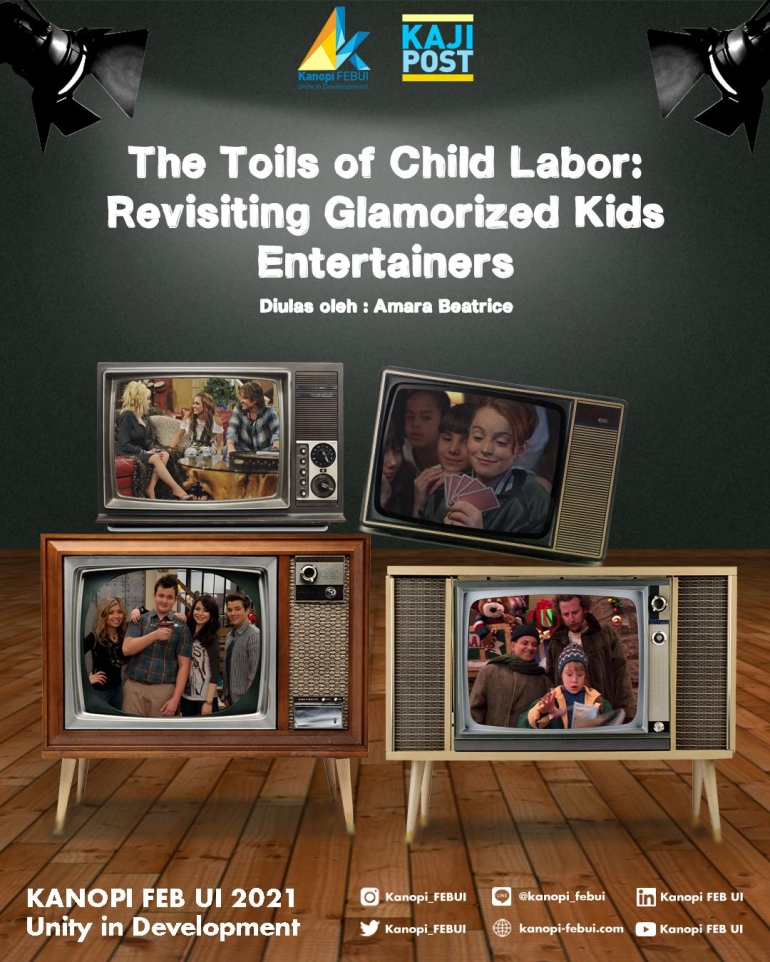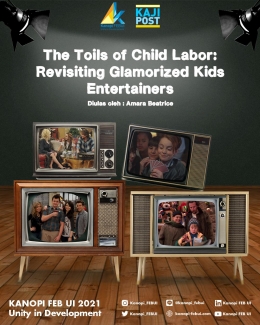With the murky situation of children in conventional entertainment jobs, social media was taught to be a beacon of hope. Children who were a minimum of thirteen years old could access social media and freely create without having to put on a persona. Social media seemed like an upgrade from the toxic entertainment industry, but reality has proven otherwise.
With minimum barriers to entry and the option for content monetization, many families have snatched up the opportunity to gain fame and money through children. Lil Tay, a notorious internet phenomenon, rose to fame at nine years old for her unlikeable, smug character that was created by her family to gain social media recognition. Social media has also given birth to family-centered channels which, at surface, seemed like a safe form of entertainment for other children. However, several of these channels actually display immoral behavior, one of the most infamous being DaddyOFive, a channel that included parents performing abusive “prank” videos on children. The parents who owned the channel even lost custody due to their damaging behavior towards their children.
The law-making world could try to keep up with this new era of online stars, but there are many considerations. Many online creators don’t have strict schedules of content creation and supervision, especially when they aren’t under an agency.
It is impossible to predict and supervise a supposedly-independent child talent who creates content from the comforts of their home. It is also unclear whether merely recording a child’s daily activities would be considered as work as it leads to an income stream. The greyness of social media regulations allow room for child labor laws to be violated.
Stunted Child Development
With adoring fans, headline news, and thousands of dollars to their names, child stars barely live the average childhood. Living under the public’s scrutiny is a burden in itself. However, the controlling nature of the industry towards children is oftentimes missed as a potential rig in children’s development.
The human capital index is measured by outcomes of education and health. The quality of humans in society is then further elaborated by Erik Erikson’s psychosocial theory of development with its eight human stages. By eighteen years old, humans will have gone through five stages:
Trust vs. Mistrust, which either builds trust or mistrust towards adults
-
Autonomy vs. Shame/Doubt, which a sense of independence or low self esteem if repressed
Initiative vs. Guilt, which builds initiative or guilt if repressed
Industry vs. Inferiority, when children start comparing themselves and adapting to their peers
-
Beri Komentar
Belum ada komentar. Jadilah yang pertama untuk memberikan komentar!







